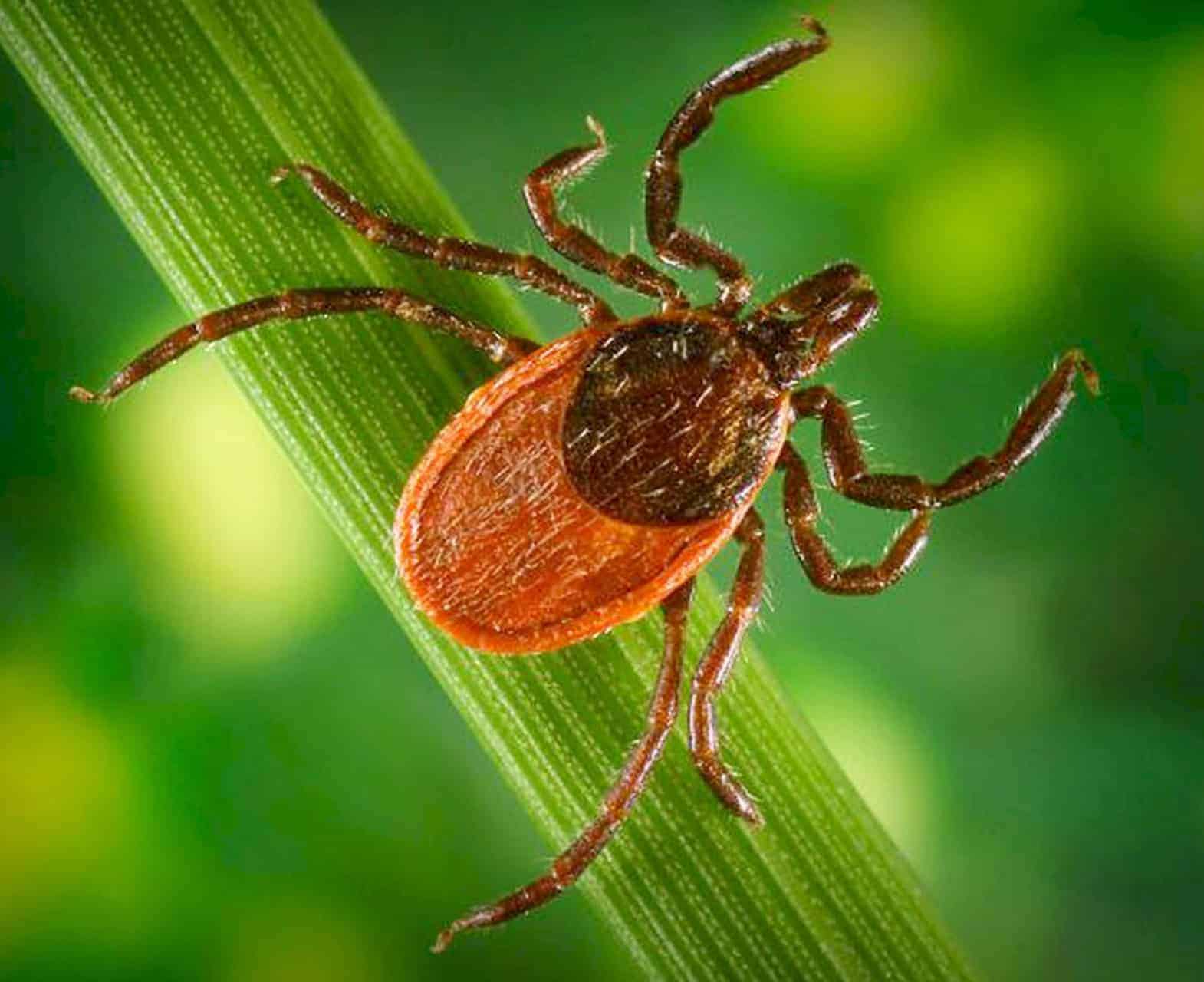10 Lyme Disease Resources on TheHorse.com

Horse owners and veterinarians alike have good reason to loathe Lyme disease. In horses, its notoriously difficult to diagnose and has (or might not have) a myriad of vague (or not-so-vague) clinical signs. And those clinical signs? They often don’t appear until months following disease transmission from an infected tick.
Researchers are still working to find the most effective ways to diagnose Lyme disease. What’s more, treatment—though often eventually effective—can be expensive and time-consuming to administer. In short, it can be a confusing and costly ride for owners of affected horses.
But here’s some good news: We’ve compiled 10 resources to help you get and stay up to speed on Lyme in case you’re ever faced with an infected horse. Find more information by searching “Lyme disease” or visiting the “Lyme Disease” page on TheHorse.com
Create a free account with TheHorse.com to view this content.
TheHorse.com is home to thousands of free articles about horse health care. In order to access some of our exclusive free content, you must be signed into TheHorse.com.
Start your free account today!
Already have an account?
and continue reading.

Written by:
The Horse Staff
Related Articles
Stay on top of the most recent Horse Health news with















